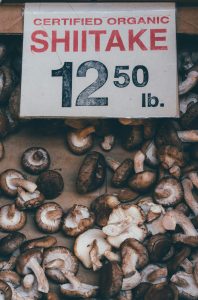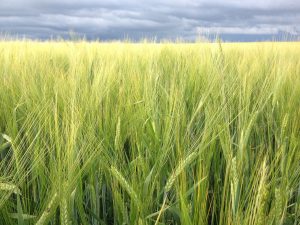Have you ever wondered if organic food is really worth it? Given the increasing popularity of organic produce and products, the question lingers in many of our minds, “Are there any studies proving the benefits of organic food?”
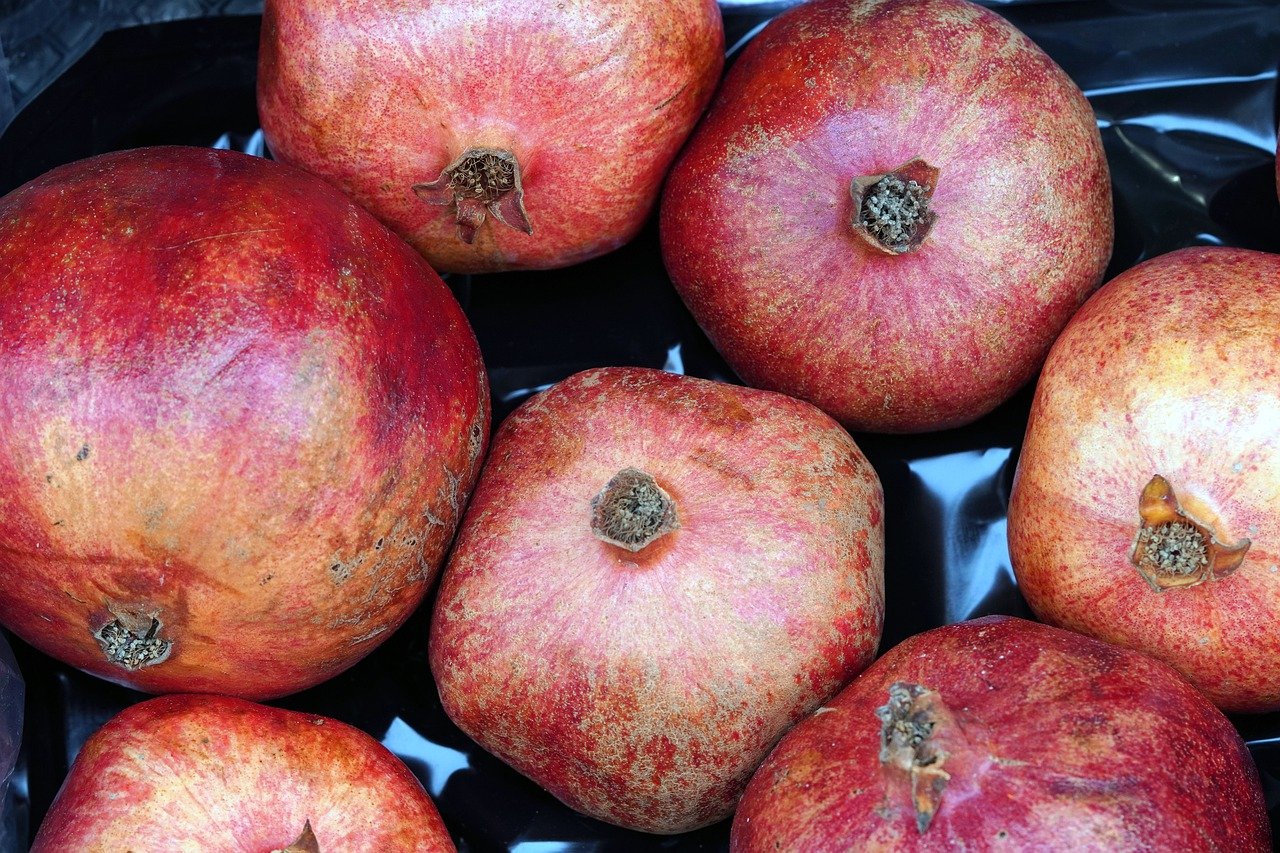
Understanding Organic Food
What Qualifies as Organic?
Organic foods are produced using methods that do not involve modern synthetic inputs such as synthetic pesticides and chemical fertilizers. They also do not contain genetically modified organisms (GMOs). The focus here is to encourage sustainability and enhance soil and water quality. Organic farming practices also promote ecological balance and biodiversity.
The Organic Label
For food to be labeled as organic, stringent regulations must be met. In the United States, the USDA National Organic Program regulates the standards. In the European Union, the EU Organic Farming regulation sets the rules. These regulations ensure that produce, dairy products, and meats labeled as organic meet specific criteria regarding the use of pesticides, fertilizers, and animal husbandry practices.
Health Benefits of Organic Food
Nutritional Content
One of our primary concerns is whether organic foods are more nutritious. Several studies have indeed indicated that organic foods contain higher levels of certain nutrients.
Vitamins and Minerals
Research shows that organic fruits and vegetables often have higher levels of vitamins and minerals compared to their conventionally grown counterparts. For example, a study published in the “British Journal of Nutrition” found that organic crops had significantly higher concentrations of antioxidants, including polyphenols, which are linked to reduced risk of chronic diseases.
| Nutrient | Organic Foods (Higher Levels) | Conventional Foods (Lower Levels) |
|---|---|---|
| Antioxidants | Up to 69% higher | Lower |
| Vitamin C | Higher | Lower |
| Iron | Higher | Lower |
| Magnesium | Higher | Lower |
Pesticide Residues
One of the most well-documented benefits of organic food is reduced exposure to pesticide residues. Conventional farming methods often rely heavily on synthetic pesticides to maintain crop yields. While these pesticides are effective, they can leave traces on the food we consume.
Health Implications
Numerous studies have linked pesticide exposure to health problems, including neurodevelopmental issues in children, hormonal disruptions, and an increased risk of certain cancers. Choosing organic can significantly reduce your exposure to these harmful chemicals.
Environmental Benefits
Sustainability
Organic farming practices are designed to foster sustainability by maintaining healthy soils, conserving water, and reducing pollution. These practices ensure that future generations will have access to the resources they need to produce food.
Soil Health
A study published in “Agriculture, Ecosystems & Environment” found that organic farming methods resulted in better soil health compared to conventional practices. Organic farming enhances soil structure, increases biodiversity, and encourages microbial activity. This leads to higher nutrient density in crops and reduces erosion.
Water Conservation
Unlike conventional agriculture, which often relies on irrigation, organic farming practices tend to conserve water through crop rotation and other soil management techniques. Healthier soils also allow for better water infiltration and retention.
Animal Welfare
Living Conditions
Another significant benefit of choosing organic food, especially animal products, is improved animal welfare. Organic farming standards require animals to have access to the outdoors, and they are typically fed organic feed without the use of antibiotics or growth hormones.
Ethical Considerations
Animals on organic farms usually live under more humane conditions, which can minimize stress and promote better health. This ethical treatment of animals aligns with a growing consumer demand for ethically produced food.
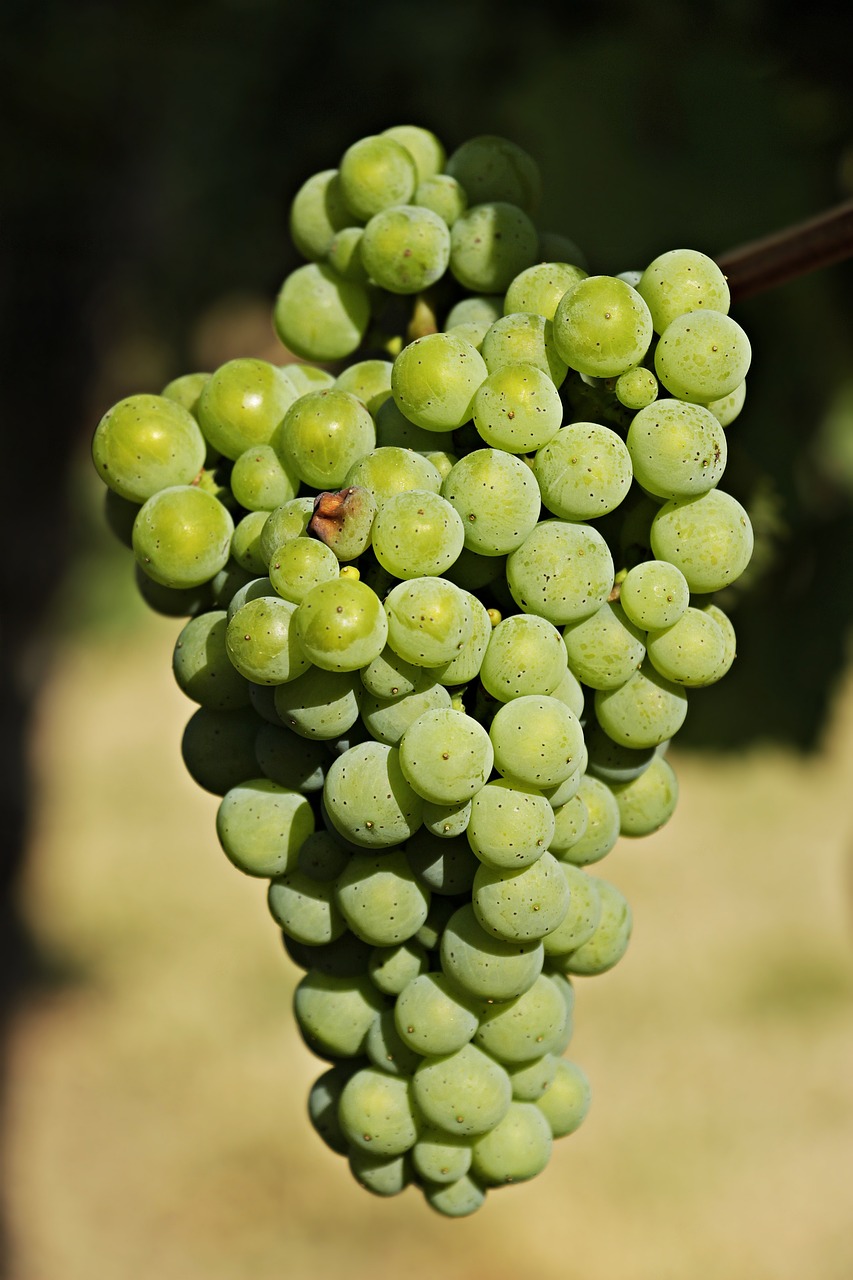
Studies on Organic Food Benefits
Meta-Analyses and Reviews
To address the central question, several meta-analyses and reviews have been conducted to evaluate the benefits of organic food. One such analysis is a comprehensive review published in the “Annals of Internal Medicine” that found organic foods may reduce exposure to pesticide residues and antibiotic-resistant bacteria.
Key Findings
- Pesticide Residues: Consuming organic foods can reduce exposure to potentially harmful pesticide residues. Organic food has lower levels of pesticide residues compared to conventional food.
- Antibiotic-Resistant Bacteria: Organic animal products are less likely to contain antibiotic-resistant bacteria, making them safer for consumption.
- Nutrient Levels: Organic fruits and vegetables often have higher levels of certain nutrients, particularly antioxidants.
Impact on Human Health
A study published in “JAMA Internal Medicine” followed nearly 70,000 people and found that those who consumed more organic food had a 25% lower risk of developing cancer. The study suggested that this could be due to reduced exposure to pesticides, which are linked to cancer risk.
Chronic Diseases
Some studies indicate potential links between organic food consumption and a reduced risk of chronic diseases. For instance, organic foods’ high antioxidant content can contribute to preventing heart disease, stroke, and other age-related conditions.
Economic Considerations
Cost vs. Benefit
One of the most significant hurdles when choosing organic food is often the cost. Organic food can be more expensive due to the labor-intensive nature of organic farming practices. However, the long-term health benefits and lower healthcare costs associated with reduced exposure to pesticides and other harmful substances could make it a worthwhile investment.
Budget-Friendly Tips
- Buy Seasonal: Purchasing organic produce that is in season can help reduce costs.
- Shop Local: Farmers markets and local organic farms often offer more affordable options.
- Prioritize: If budget is an issue, consider buying organic for the most pesticide-prone foods, often referred to as the “Dirty Dozen.”
Economic Impact on Farmers
Organic farming can also lead to economic benefits for farmers. While the initial transition to organic practices can be costly and challenging, it can lead to more stable incomes over the long term due to the premium prices organic produce typically commands.

Organic Food Labels
Understanding Certifications
Various certifications can help us identify authentic organic products. Apart from the USDA Organic and EU Organic labels, other notable certifications include Demeter for biodynamic agriculture and the Soil Association in the UK.
| Certification | Region | Key Features |
|---|---|---|
| USDA Organic | USA | No synthetic pesticides, GMOs, or antibiotics |
| EU Organic | EU | Rules on fertilizers, pesticides, and animal husbandry |
| Demeter | Global | Biodynamic farming principles |
| Soil Association | UK | Strict standards for soil health and animal welfare |
Reading Labels
When shopping, it’s essential to read labels carefully. Look out for claims like “100% Organic,” which means the product is entirely organic, versus “Made with Organic Ingredients,” signifying that at least 70% of ingredients are organic.
Challenges and Criticisms
Higher Costs
One of the primary criticisms of organic food is the higher cost, which can be prohibitive for some consumers. However, the long-term health benefits can offset these costs.
Yield Concerns
Another criticism concerns the yield of organic farming. Some argue that organic farming cannot produce enough food to meet global demands. However, research suggests that with improvements in organic farming techniques, yields can be increased without needing synthetic inputs.
Misleading Labels
Not all products labeled ‘organic’ adhere strictly to organic farming principles. This issue highlights the need for stringent regulatory oversight and consumer awareness.

Case Studies
Scandinavian Countries
Countries like Denmark and Sweden have made significant strides in promoting organic farming. Government campaigns and subsidies have led to increased organic food production and consumption, illustrating that policy support can significantly impact organic farming adoption.
The US Market
In the United States, the organic market has seen consistent growth over the years. High consumer demand and increasing availability of organic products have made organic options more accessible.
Practical Tips for Incorporating Organic Food
Start Small
If transitioning to a primarily organic diet feels overwhelming, start small. Begin by swapping out a few key items, such as fruits and vegetables notorious for high pesticide residues, like apples, strawberries, and spinach, with their organic counterparts.
Grow Your Own
If space allows, consider starting a small organic garden. Growing your own fruits, vegetables, and herbs can be a rewarding and cost-effective way to incorporate more organic food into your diet.
Community Supported Agriculture (CSA)
Consider joining a CSA program. These programs link consumers directly with local farmers, allowing for the purchase of seasonal produce straight from the source. This can often be more economical and ensures that you are getting fresh, organic produce.
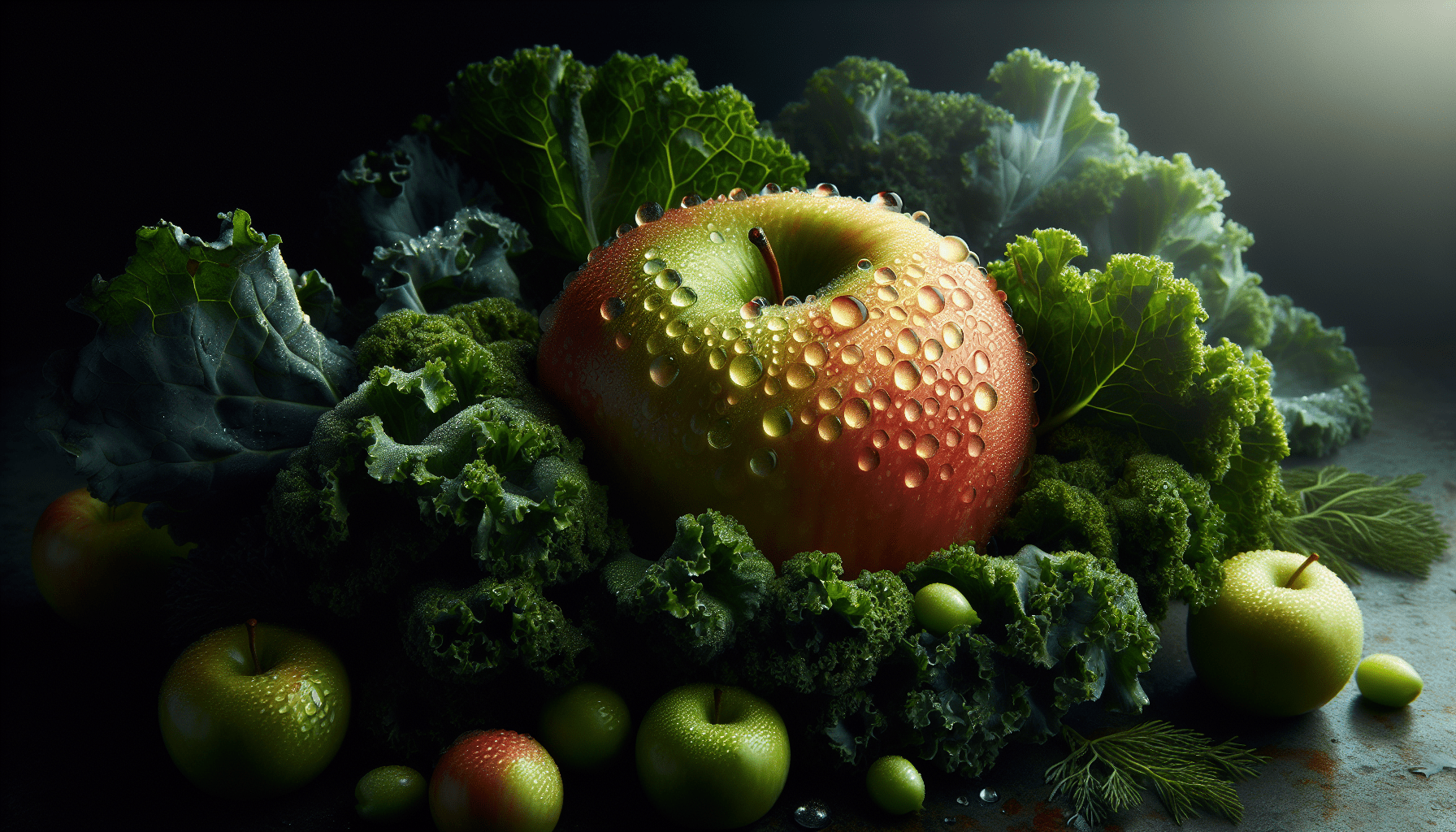
Final Thoughts
The question of whether organic food is truly beneficial often boils down to individual priorities and values. From a health perspective, multiple studies suggest that organic foods offer several advantages, including higher nutrient levels and reduced pesticide exposure. Environmentally, organic farming is generally more sustainable and promotes better soil and water health. Additionally, the ethical treatment of animals on organic farms cannot be overlooked.
Opting for organic food, despite the higher cost, can be seen as an investment in our health, the environment, and animal welfare. While challenges exist, the benefits outlined through various studies provide a strong case for giving organic food a place in our daily lives.

